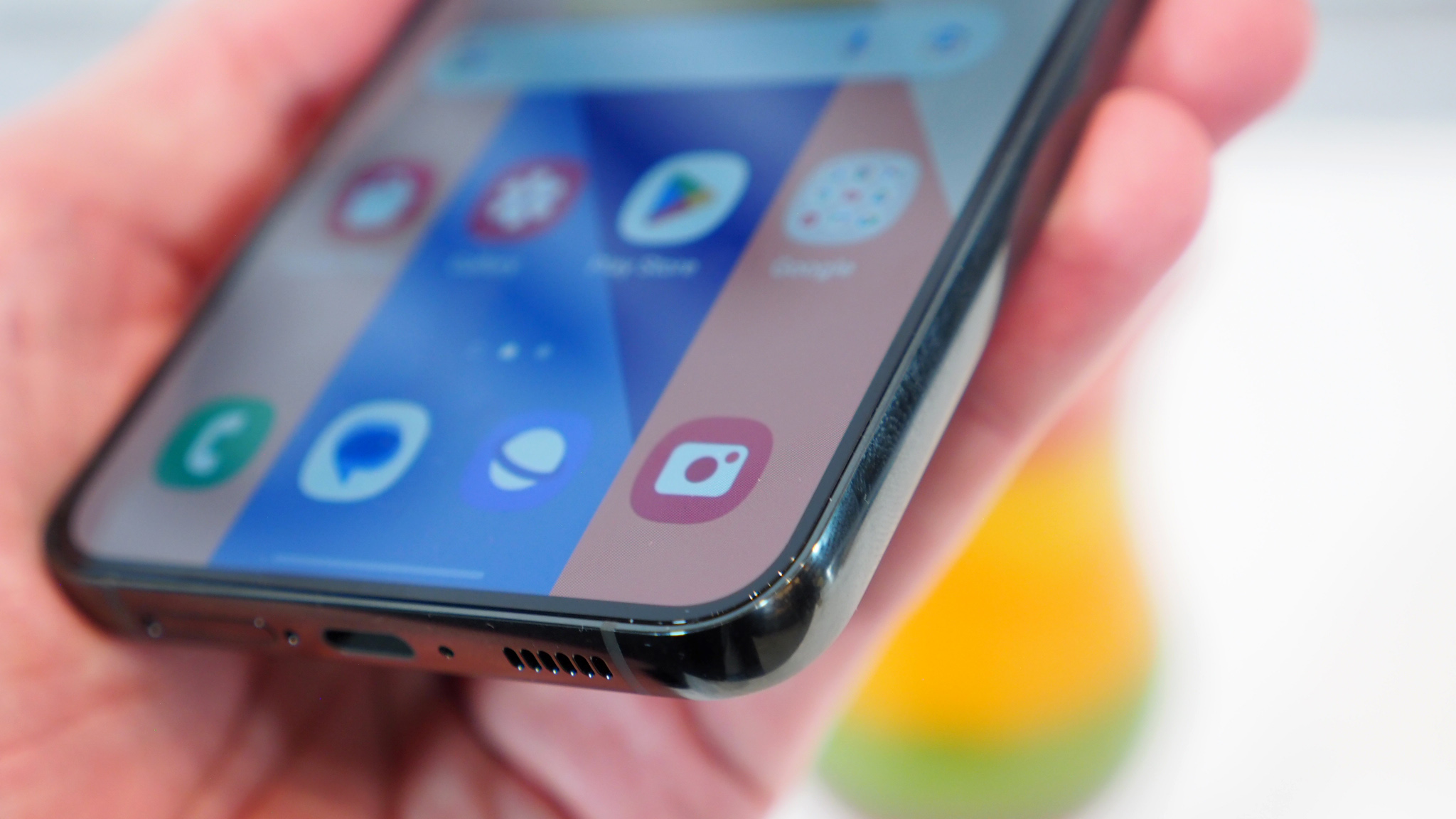
With Google I/O just around the corner, excitement is building for the release of the next version of their software, Android 14. The operating system powers all of the best Android phones on the market, so it affects a large number of users.
The software is currently in testing, so a few details have emerged about what's to come. Mostly, these are small tweaks to the interface – aesthetic details which change the look of the software, but not necessarily the functionality.
But there could be one massive upgrade coming. It's not new, either, having first been mentioned by Google SVP Hiroshi Lockheimer back in September. Android 14, it seems, could be the first generation to enable satellite messaging.
That feature isn't new. It's already been massively popular on the iPhone 14, where Emergency SOS via Satellite is offered to help users stuck outside of regular cellular range. We've also looked at devices like the Motorola Defy Satellite Link, which is set to bring similar technology to any compatible device via an external dongle.
It also won't necessarily be usable on older devices. The internal circuitry required to make it work would have to be present – something older phones might not have.
What it may mean, though, is that we could see it take shape on next-gen Android handsets. Models like the Samsung Galaxy S24 will likely be keen to get in on the action, in order to maintain parity with the iPhone offering.
Personally, I'm a big fan of this. Using the Defy Satellite Link, I was impressed with the thought process that led to its design. Users – even those not in a life-or-death scenario – could find themselves outside of signal range when they need to get in touch with friends, colleagues or loved ones.
Get all the latest news, reviews, deals and buying guides on gorgeous tech, home and active products from the T3 experts
I hope that Android phone manufacturers adopt an approach more like this when they design these features. Sure, there's the practicality of an SOS system, but hikers, workers in remote locations, or even those who regularly travel through blackspots could find themselves in need of the service too.
With just under two weeks to go until the event, there's not long left until we see how Android will implement this technology into its software.

Sam is an award-winning journalist with over six years of experience across print and digital media. As T3’s Senior Staff Writer, Sam covers everything from new phones and EVs to luxury watches and fragrances. Working across a range of different social media platforms alongside his written work, Sam is a familiar face for fans of T3. When he’s not reviewing snazzy products or hunting for stellar deals, Sam enjoys football, analog photography and writing music.
